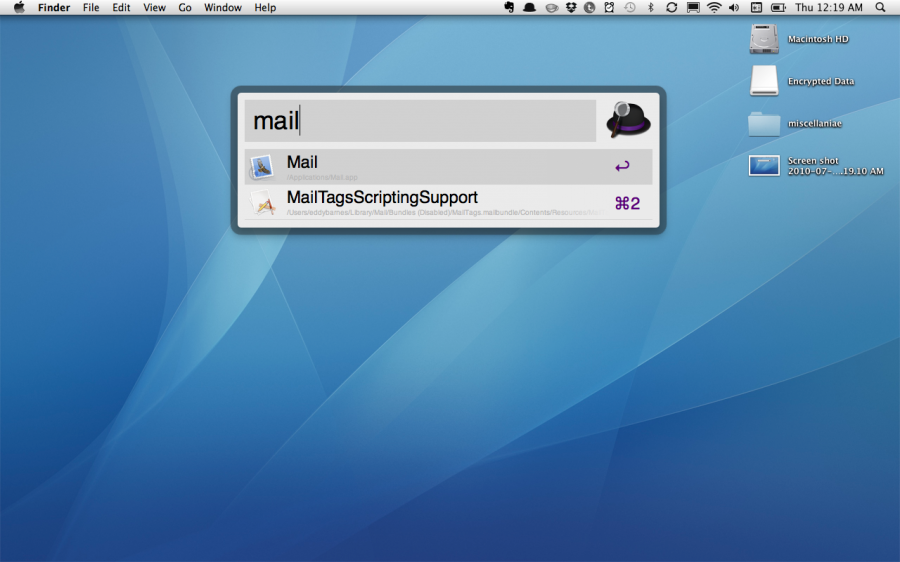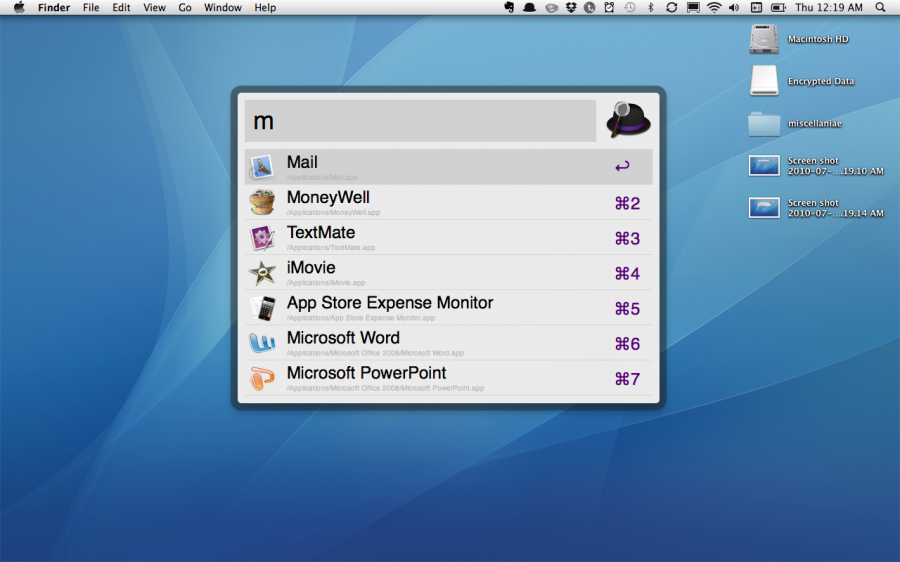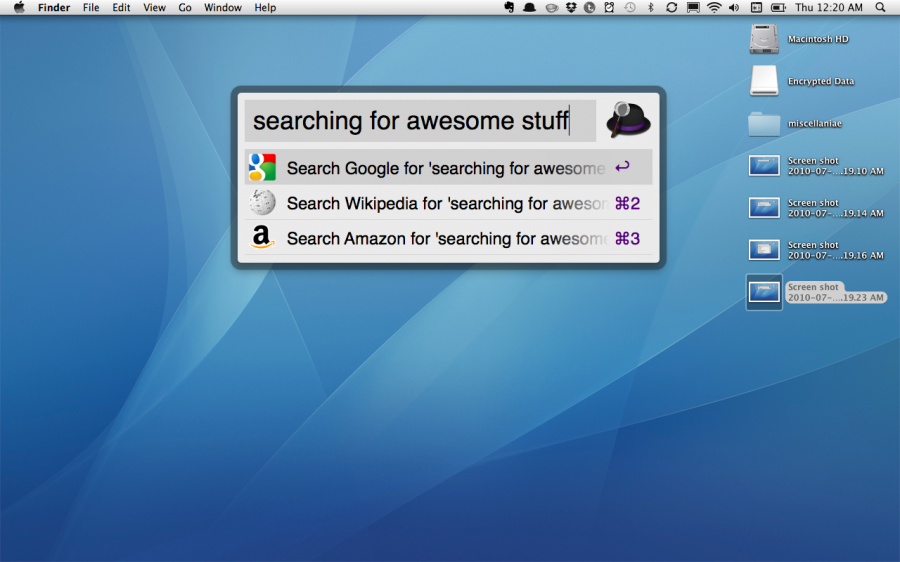One thing I have become more passionate about over the years is Scripture memorization. The Bible is clear that we should not only read it, but hide it away in our hearts (Psalm 119:11). Memorization allows us to be away from our Bibles and still meditate on God’s word throughout the day.
I have met several people who are trying to figure out God’s plan for their lives or trying to “hear God” but who are unwilling or just too undisciplined to just read and memorize Scripture. The discipline of Scripture memorization provides a vocabulary by which God can speak to us through his inspired Word.
I understand that Scripture memorization is not easy. And it’s not really that flashy or exciting. It is a lot of repetition over a long period of time. I think that is one of the particular challenges that makes it a difficult discipline for my generation which is characterized by the “I want it now” mentality (myself included). Immediate twitter updates. Immediate access to wikipedia articles. Even immediate access to Bible verses on the phone.
But What’s My Motivation?
The fact is that we can usually memorize things if the motivation is right. If you know a teenager, you know this is true. The same kid who can’t tell you who the first president of the United States was can quote Napoleon Dynamite beginning to end and reproduce the liner notes to any Jay-Z album.
As a side note, this is one of the reasons Scripture-centered hymns and songs are so helpful. Music is always easier to memorize than words on a page even when you don’t want to memorize it. I call it the Rick Astley effect.
Despite how the interweb or TV or red meat is hindering our ability to be patient and diligent, we must develop the disciplines of reading and memorizing Scripture if we are to ever think and act in ways that align with God’s word.



